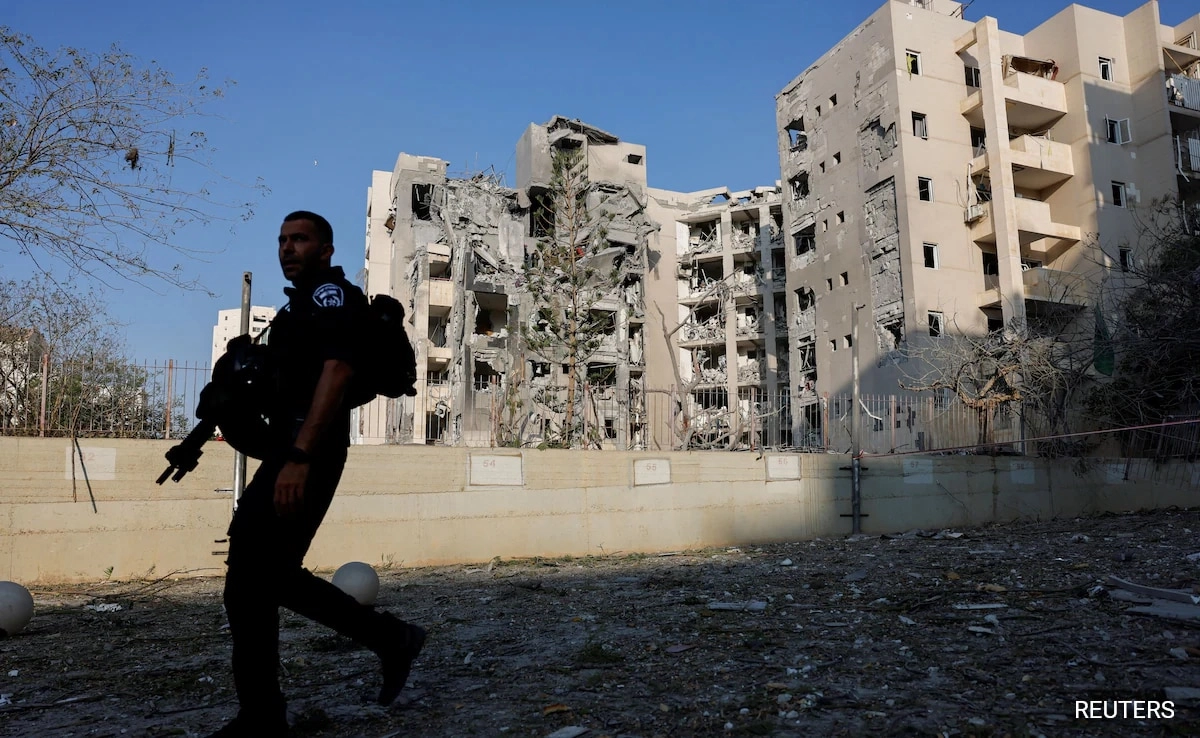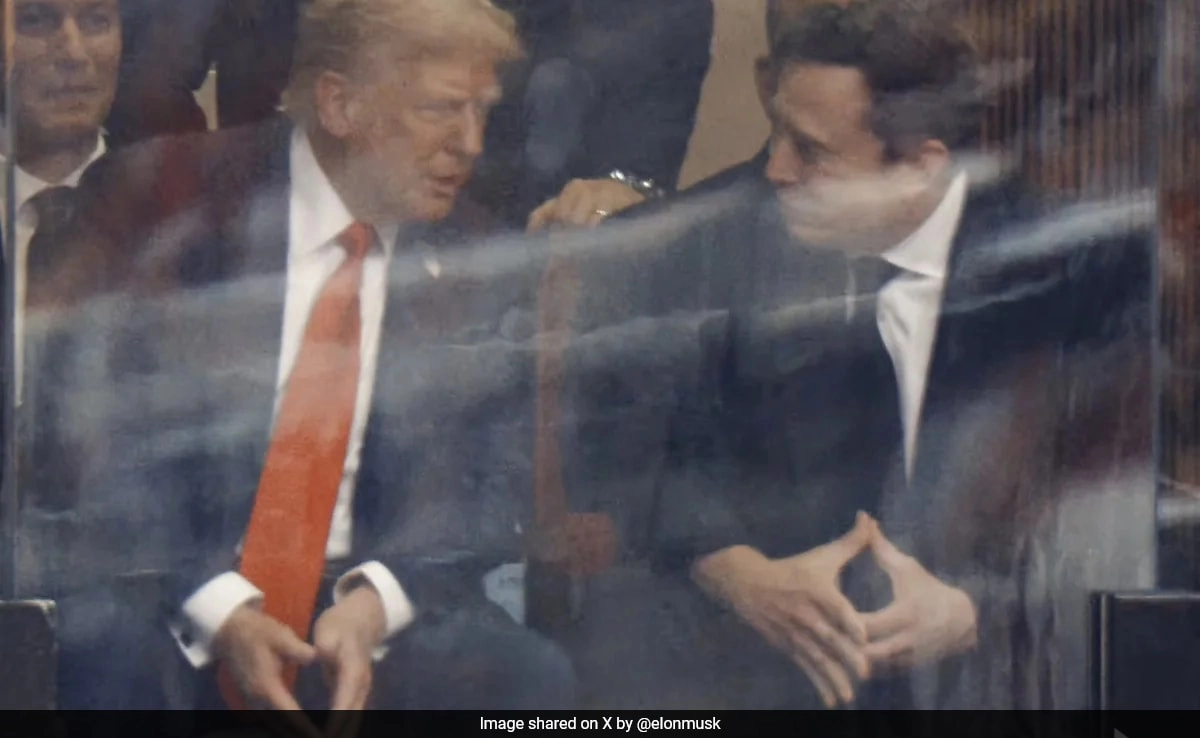In the ongoing conflict between Israel and Iran, tensions have escalated dramatically, leading to an urgent response from various global leaders. Recently, former U.S. President Donald Trump expressed his dissatisfaction with Israel’s handling of the situation, prompting him to reach out to Israeli Prime Minister Benjamin Netanyahu. This communication comes amid rising fears that the conflict could spiral further out of control, drawing in additional regional and global powers. Trump’s discontent suggests a significant shift in the political landscape, as he has historically been a staunch supporter of Israel. His call to Netanyahu may signal a desire for a more coordinated strategy in dealing with Iran, which has been accused of various provocations that threaten not only Israel but also the broader stability of the Middle East.
As the situation evolves, military operations are intensifying, and air traffic in the region has become increasingly precarious. Reports indicate that numerous flights have been suspended as both nations bolster their defenses in anticipation of potential escalatory actions. This development raises concerns for civilian safety and complicates humanitarian efforts that are already strained due to the ongoing hostilities. The international community watches closely, with various nations calling for restraint and urging both sides to seek diplomatic resolutions rather than resorting to further military engagement.
In the face of these challenges, the response from the United States and other allies will be crucial. The Biden administration has been cautious in its approach, balancing support for Israel with an understanding of the regional dynamics that involve Iran. The U.S. has reiterated its commitment to Israel’s security while also emphasizing the need for dialogue to prevent further bloodshed. Trump’s recent intervention, however, may complicate these efforts, as it could create divisions within U.S. foreign policy and affect the delicate balance of power in the region. As the war unfolds, the potential for wider conflict looms, making the need for effective diplomacy and unified international action more pressing than ever.




